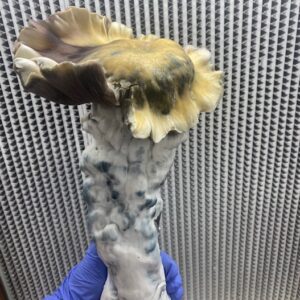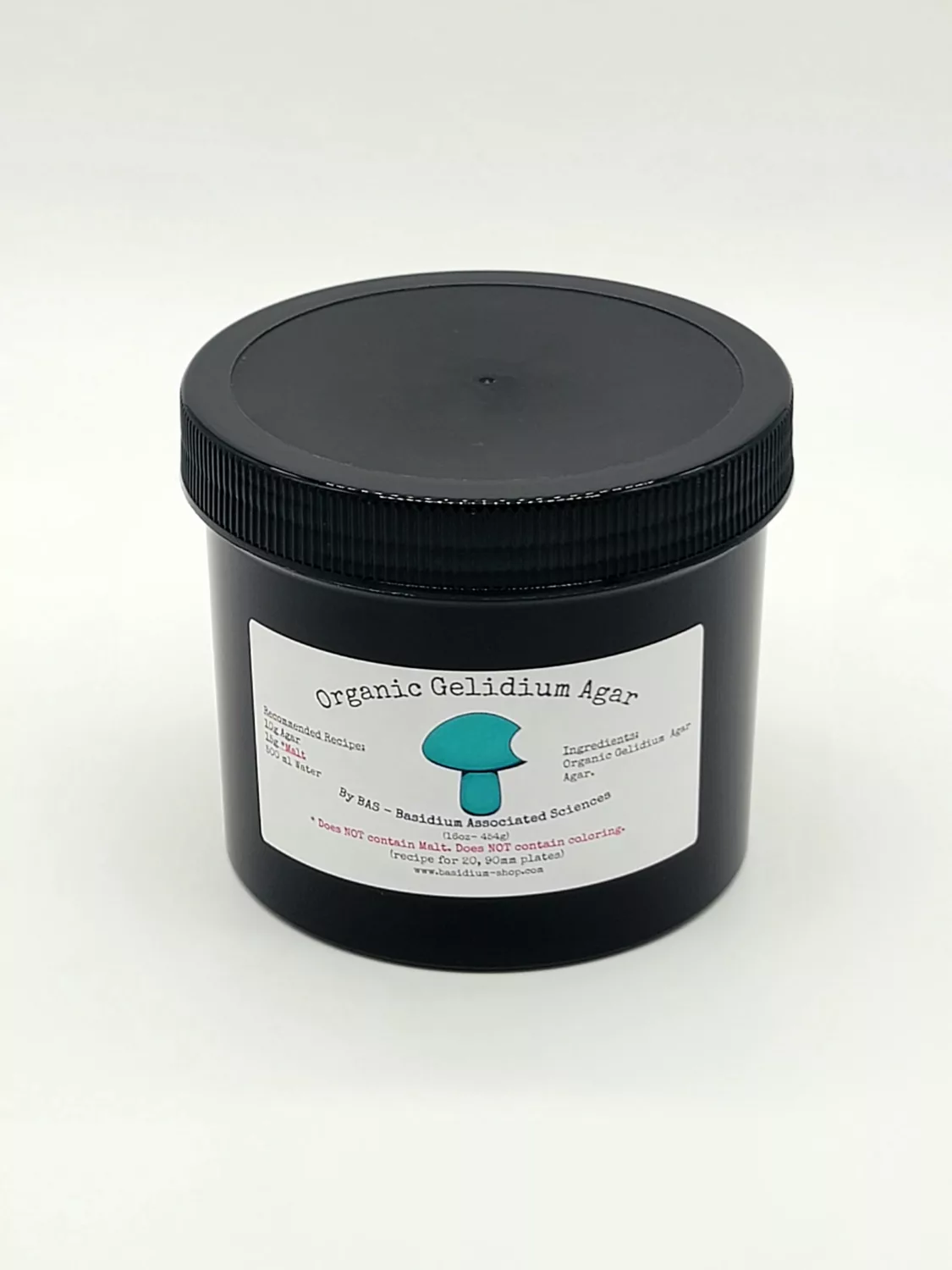Alzheimer’s & the potential therapeutics of Psilocybin
Title: Exploring the Potential of Psilocybin in Alzheimer’s Disease Treatment
Alzheimer’s disease is a debilitating neurodegenerative disorder that affects millions of people worldwide. Characterized by progressive cognitive decline, memory loss, and impaired daily functioning, Alzheimer’s presents a significant challenge for patients, their families, and the healthcare system. The search for effective treatments is ongoing, and one emerging avenue of research is exploring the potential therapeutic benefits of psilocybin, a compound found in certain mushrooms.
Understanding Alzheimer’s Disease
Alzheimer’s disease primarily impacts the brain’s neurons, leading to their degeneration and death. This results in a loss of communication between brain cells and the accumulation of abnormal protein aggregates, such as beta-amyloid plaques and tau tangles. These changes disrupt brain function, causing memory loss, confusion, and behavioral changes.
The Role of Psilocybin
Psilocybin is a naturally occurring psychedelic compound found in several species of mushrooms, often referred to as “magic mushrooms.” While historically associated with hallucinogenic experiences, recent research suggests that psilocybin might hold therapeutic potential beyond altering consciousness.
Neuroplasticity and Psilocybin
One of the most intriguing aspects of psilocybin is its potential to promote neuroplasticity – the brain’s ability to reorganize itself by forming new neural connections. Alzheimer’s disease hampers this process due to neuron degeneration, but studies indicate that psilocybin may reverse or slow down this decline. Psilocybin’s interaction with serotonin receptors could encourage brain cells to reconnect and repair damaged pathways, potentially restoring cognitive functions.
Psilocybin’s Effect on Mood and Anxiety
Patients with Alzheimer’s often experience mood disturbances and anxiety due to their cognitive decline. Psilocybin has been investigated for its ability to induce positive mood changes and reduce anxiety in various contexts. Its impact on brain regions associated with emotional regulation could alleviate some of the psychological challenges faced by Alzheimer’s patients, enhancing their overall well-being.
Anti-Inflammatory and Antioxidant Properties
Inflammation and oxidative stress play a significant role in the progression of Alzheimer’s disease. Psilocybin’s potential anti-inflammatory and antioxidant properties might help mitigate the damage caused by these processes. By reducing inflammation and oxidative stress, psilocybin could potentially slow the progression of neurodegeneration in Alzheimer’s patients.
Promising Clinical Trials
While research on psilocybin’s potential benefits for Alzheimer’s is still in its infancy, several clinical trials have shown promising results. A study conducted at Johns Hopkins University found that psilocybin administration led to improved mood, cognitive function, and quality of life in patients with life-threatening illnesses, suggesting a broader therapeutic potential for psychological and cognitive disorders.
Challenges and Considerations
As with any novel treatment approach, there are challenges and ethical considerations associated with using psilocybin to treat Alzheimer’s. Ensuring patient safety, developing appropriate dosing regimens, and addressing potential side effects are critical aspects that need to be thoroughly studied.
The potential of psilocybin as a treatment for Alzheimer’s disease presents a fascinating avenue of research. While the current body of evidence is still growing, the compound’s effects on neuroplasticity, mood, inflammation, and oxidative stress offer compelling possibilities for addressing the complex challenges posed by Alzheimer’s. Continued research, supported by rigorous clinical trials and ethical considerations, will shed light on whether psilocybin could become a groundbreaking therapeutic tool in the battle against Alzheimer’s disease.




